Source: National Geographic
If we keep burning fossil fuels indefinitely, global warming will eventually melt all the ice at the poles and on mountaintops, raising sea level by 216 feet. Explore what the world’s new coastlines would look like.
This story appears in the September 2013 issue of National Geographic magazine.
The maps here show the world as it is now, with only one difference: All the ice on land has melted and drained into the sea, raising it 216 feet and creating new shorelines for our continents and inland seas.
There are more than five million cubic miles of ice on Earth, and some scientists say it would take more than 5,000 years to melt it all. If we continue adding carbon to the atmosphere, we’ll very likely create an ice-free planet, with an average temperature of perhaps 80 degrees Fahrenheit instead of the current 58.
North America
The entire Atlantic seaboard would vanish, along with Florida and the Gulf Coast. In California, San Francisco's hills would become a cluster of islands and the Central Valley a giant bay. The Gulf of California would stretch north past the latitude of San Diego—not that there'd be a San Diego.
WATCH: Photo evidence shows Glacier National Park melting away.
South America
Africa
Compared with other continents, Africa would lose less of its land to the ultimate sea-level catastrophe, but Earth’s rising heat might make much of it uninhabitable. In Egypt, Alexandria and Cairo will be swamped by the intruding Mediterranean.
Europe
London? A memory. Venice? Reclaimed by the Adriatic Sea. Thousands of years from now, in this catastrophic scenario, the Netherlands will have long since surrendered to the sea, and most of Denmark will be gone too. Meanwhile, the Mediterranean's expanding waters will also have swelled the Black and Caspian Seas.
Asia
Land now inhabited by 600 million Chinese would flood, as would all of Bangladesh, population 160 million, and much of coastal India. The inundation of the Mekong Delta would leave Cambodia's Cardamom Mountains stranded as an island.
Australia
Predominantly desert, the continent would gain a new inland sea—but it would lose much of the narrow coastal strip where four out of five Australians now live.
Antarctica
East Antarctica: The East Antarctica ice sheet is so large—it contains four-fifths of all the ice on Earth—that it might seem unmeltable. It survived earlier warm periods intact. Lately it seems to be thickening slightly—because of global warming. The warmer atmosphere holds more water vapor, which falls as snow on East Antarctica. But even this behemoth is unlikely to survive a return to an Eocene Climate.
West Antarctica: Like the Greenland ice sheet, the West Antarctic one was apparently much smaller during earlier warm periods. It's vulnerable because most of it sits on bedrock that's below sea level.The warming ocean is melting the floating ice sheet itself from below, causing it to collapse. Since 1992 it has averaged a net loss of 65 million metric tons of ice a year.
WATCH: See the extreme changes near the Antarctic Peninsula.
Source: National Geographic




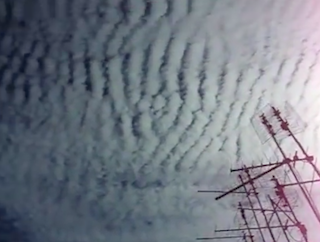


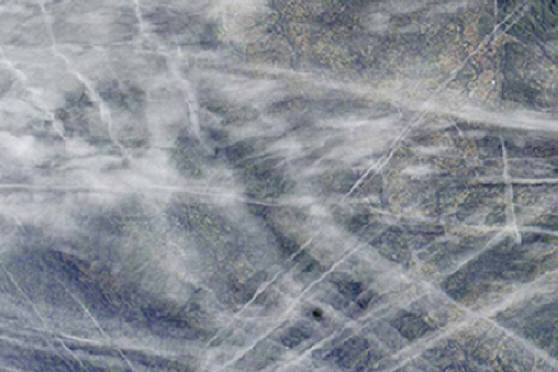


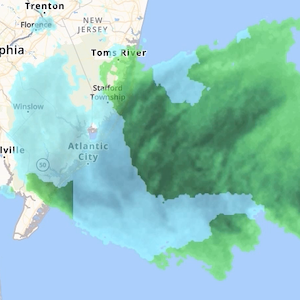


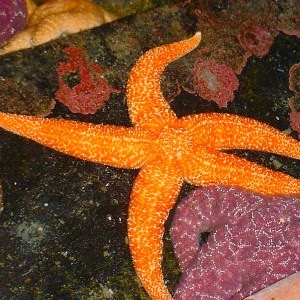

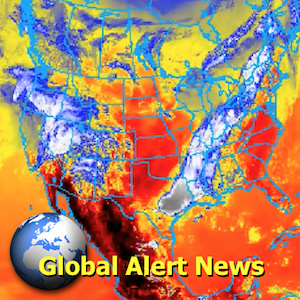


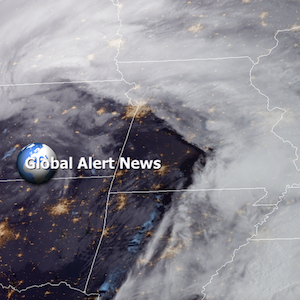
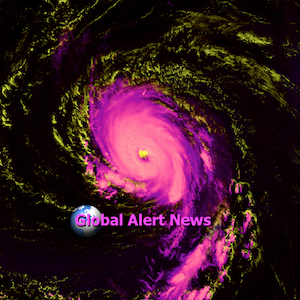

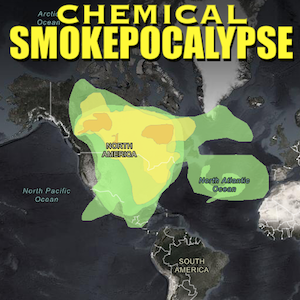
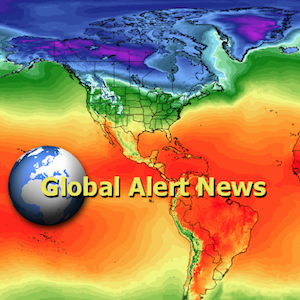
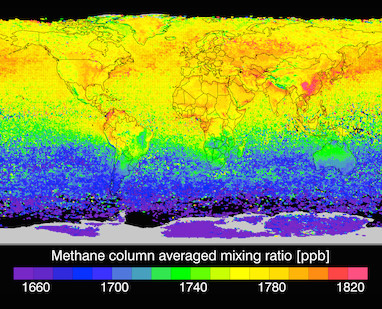
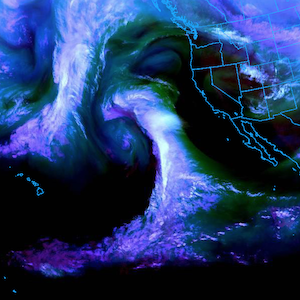

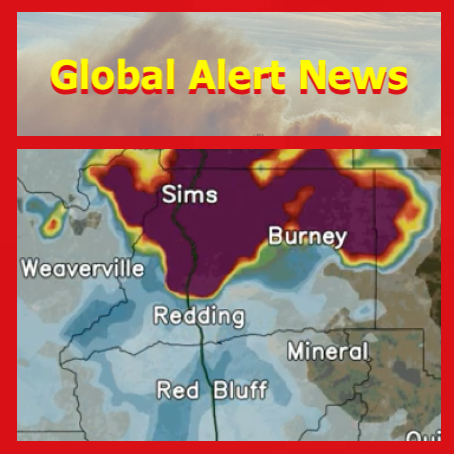

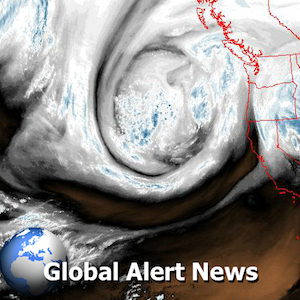
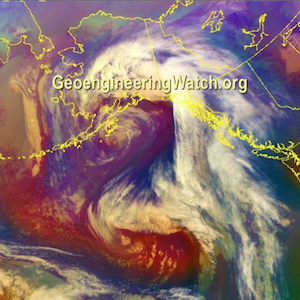


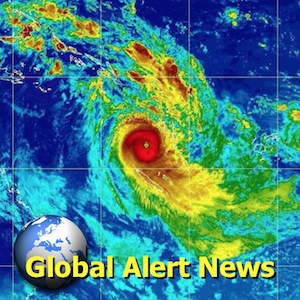

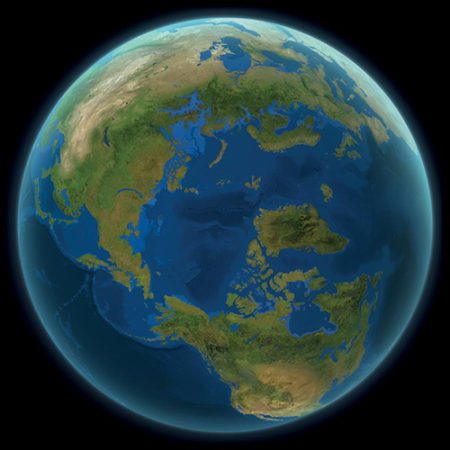
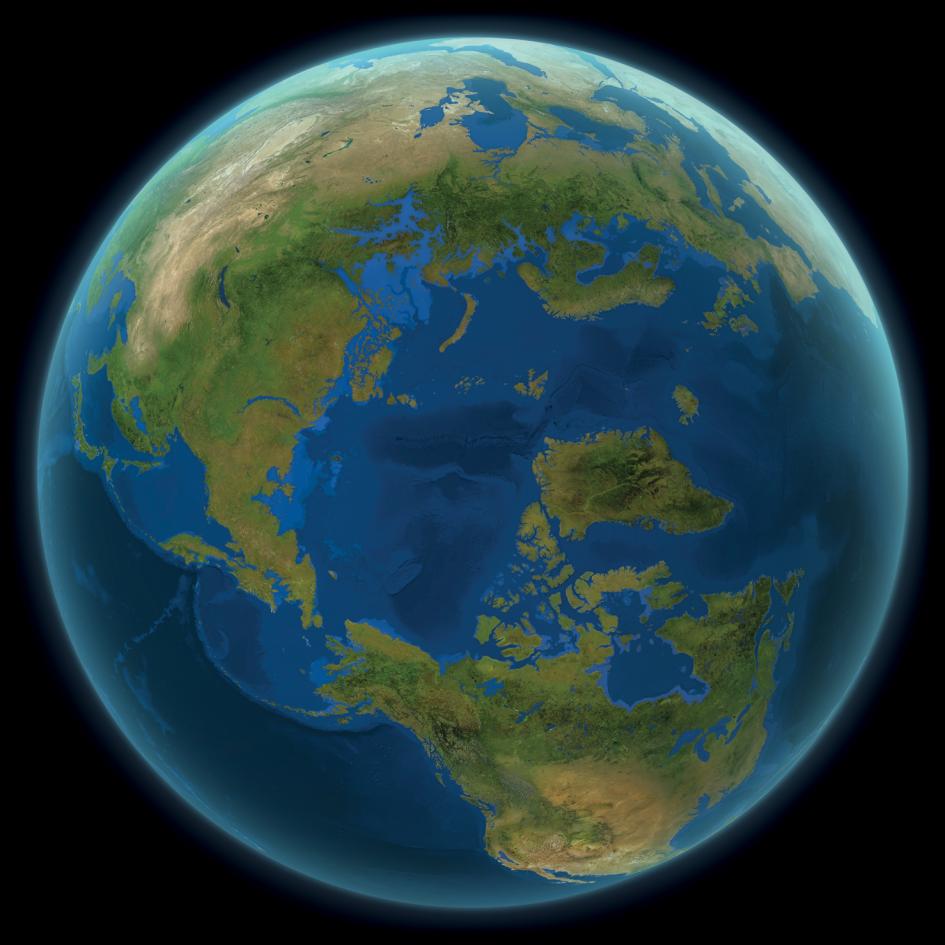
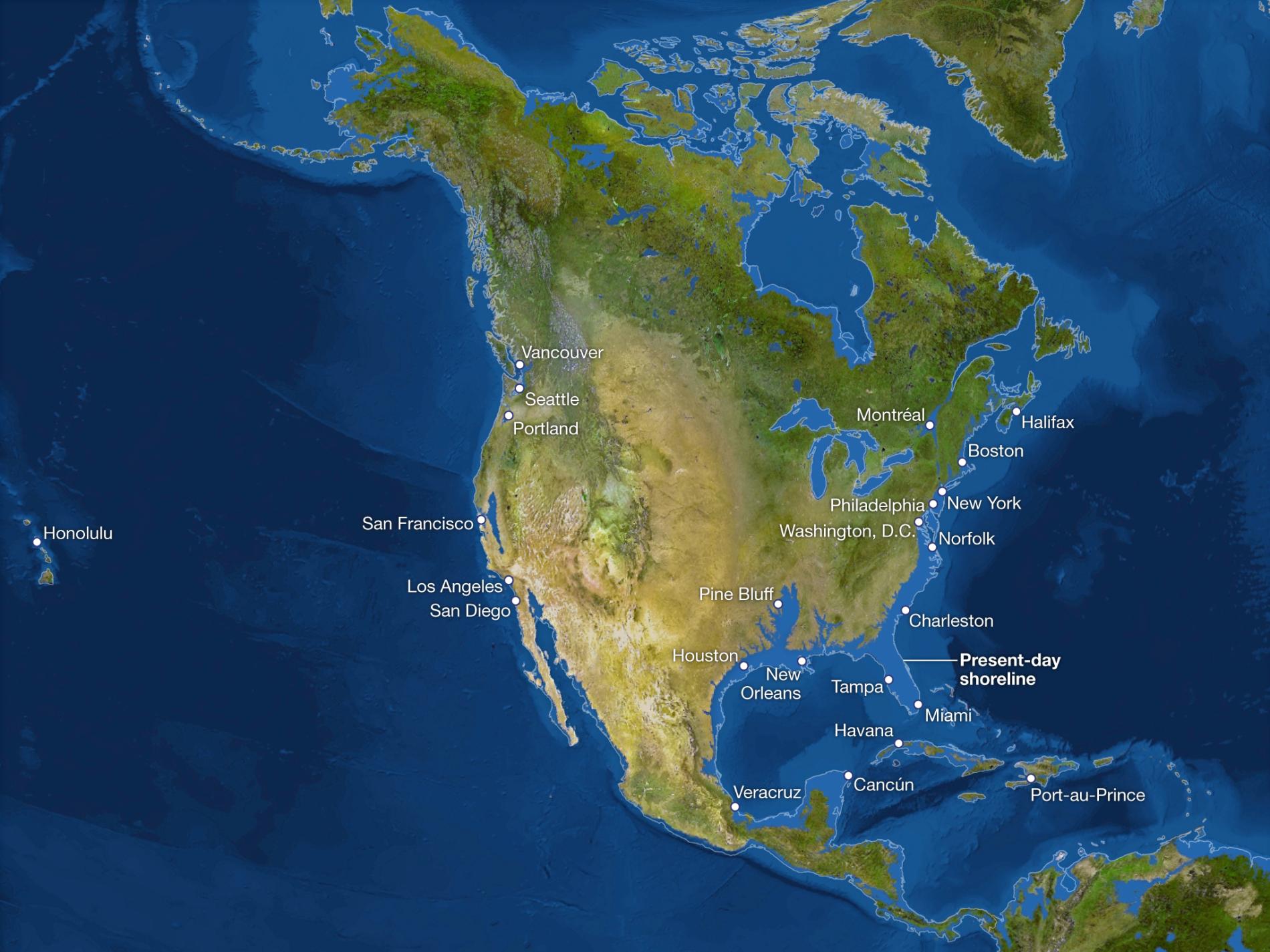
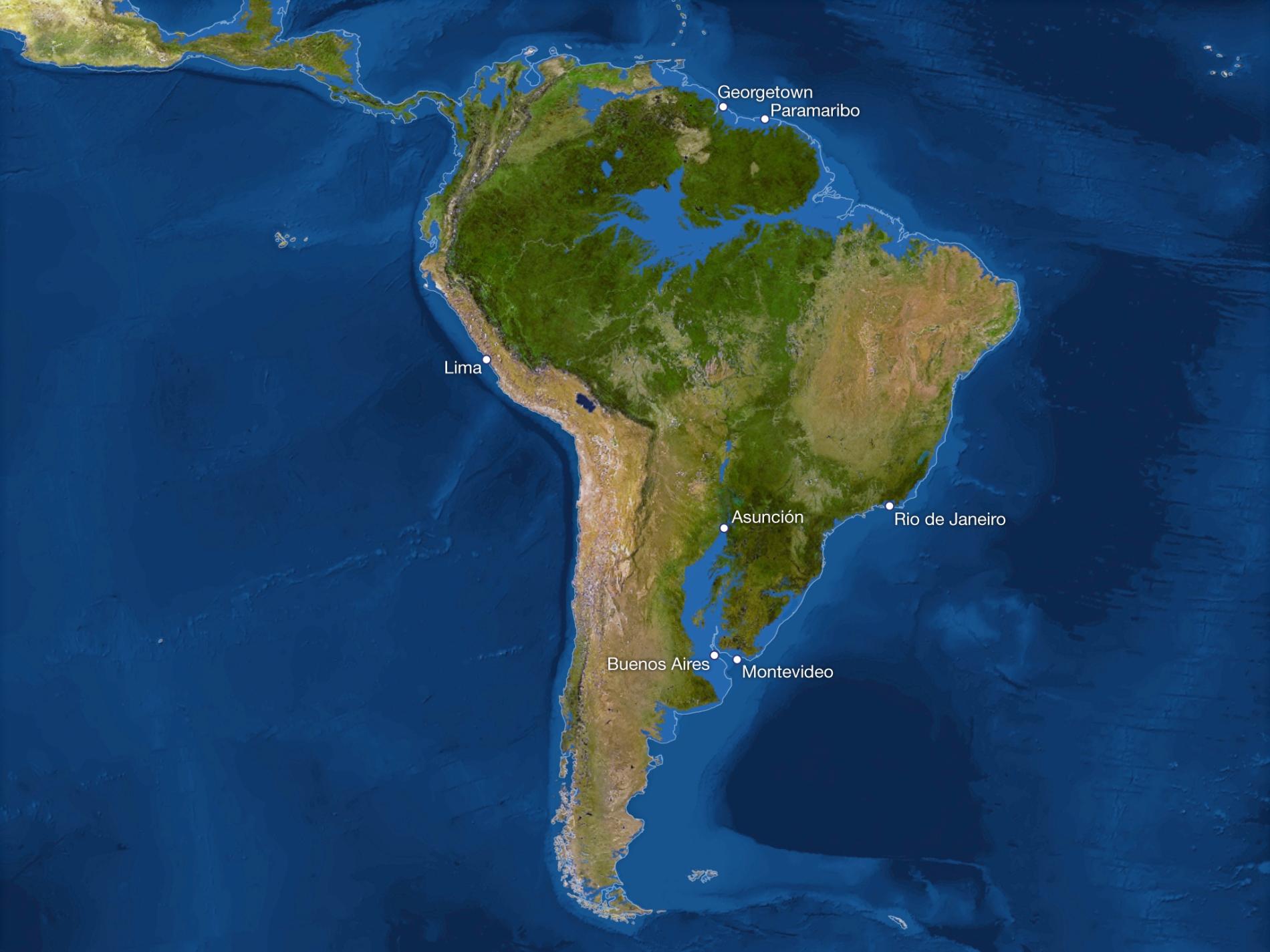
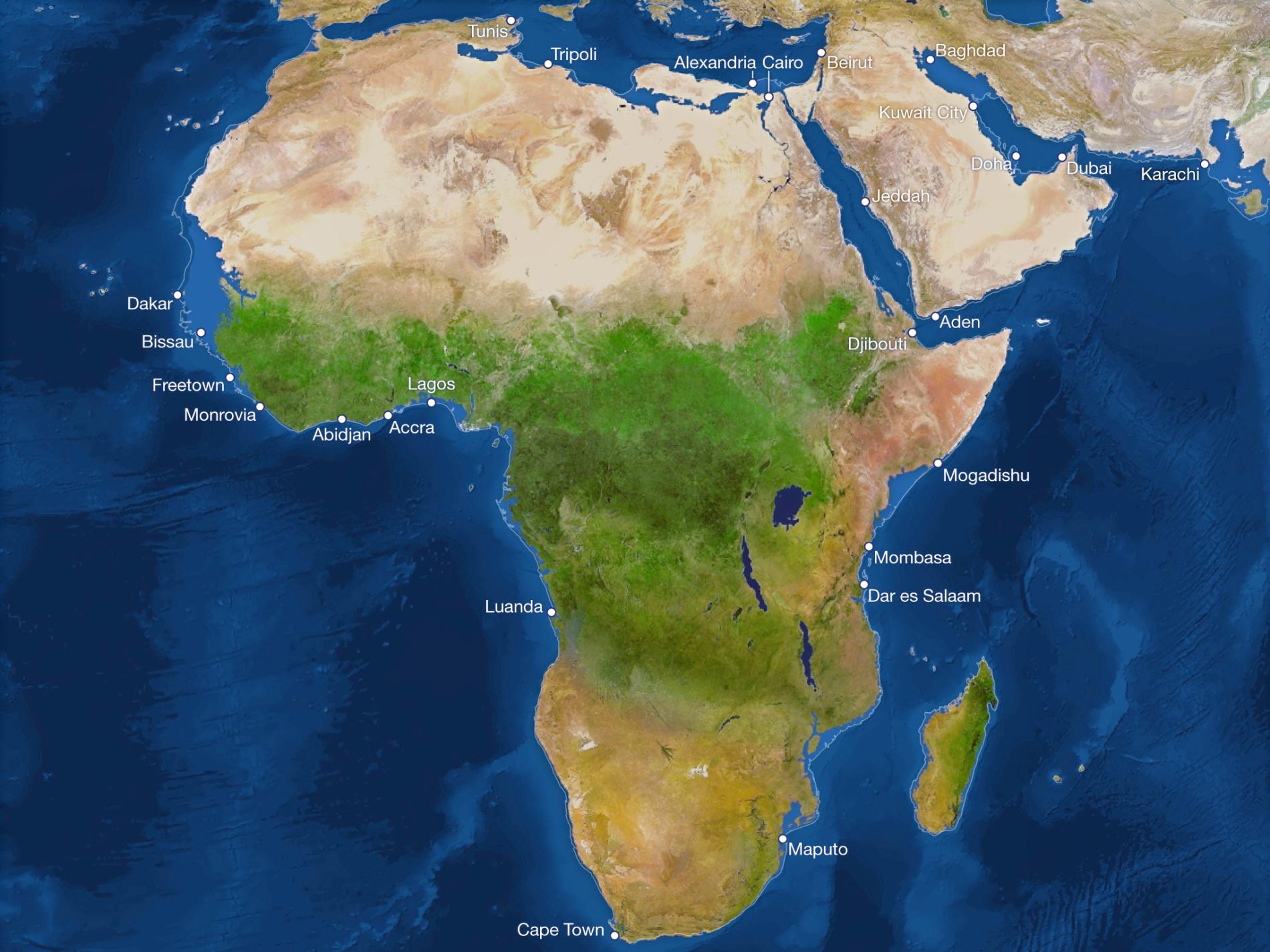
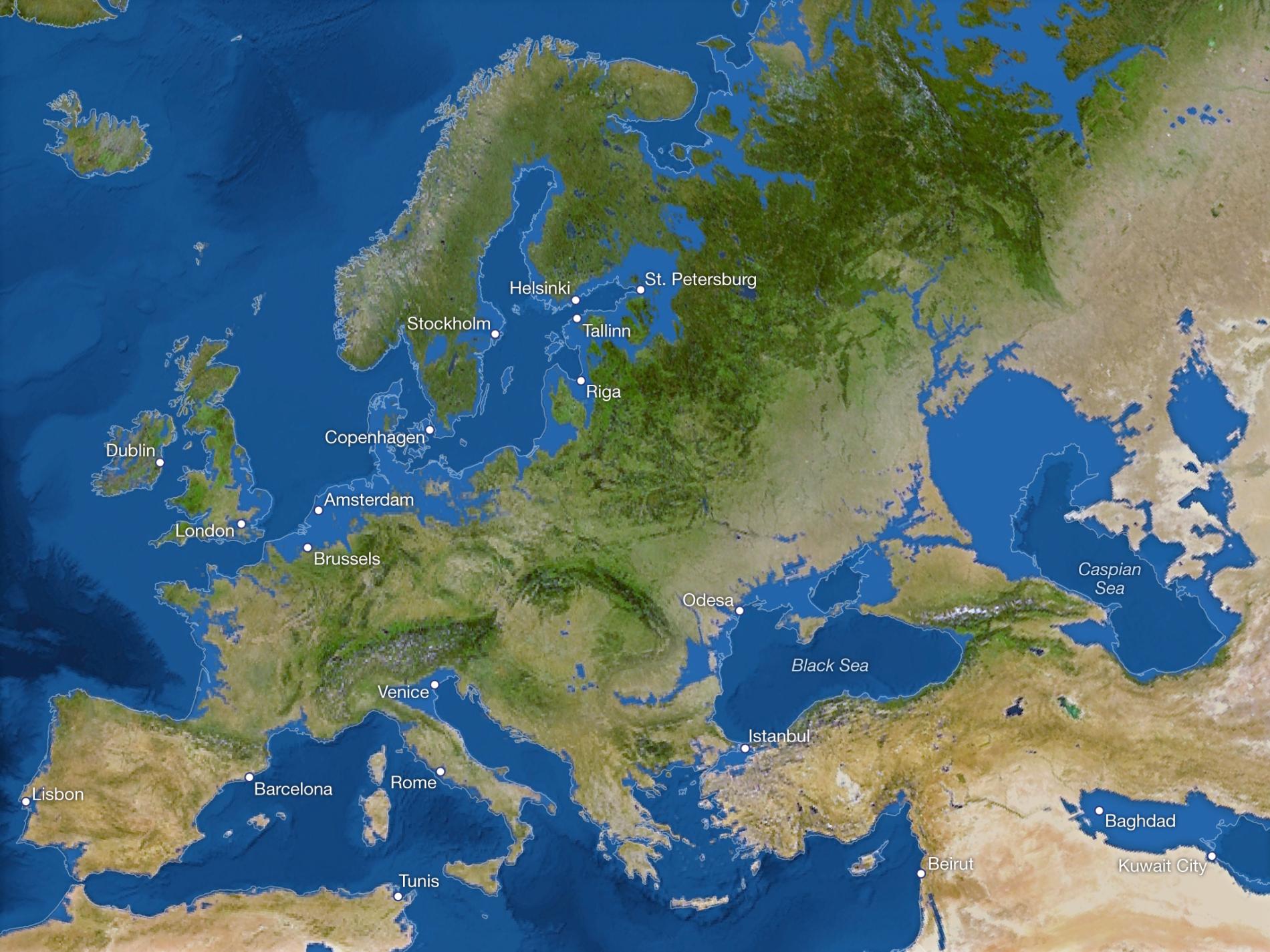
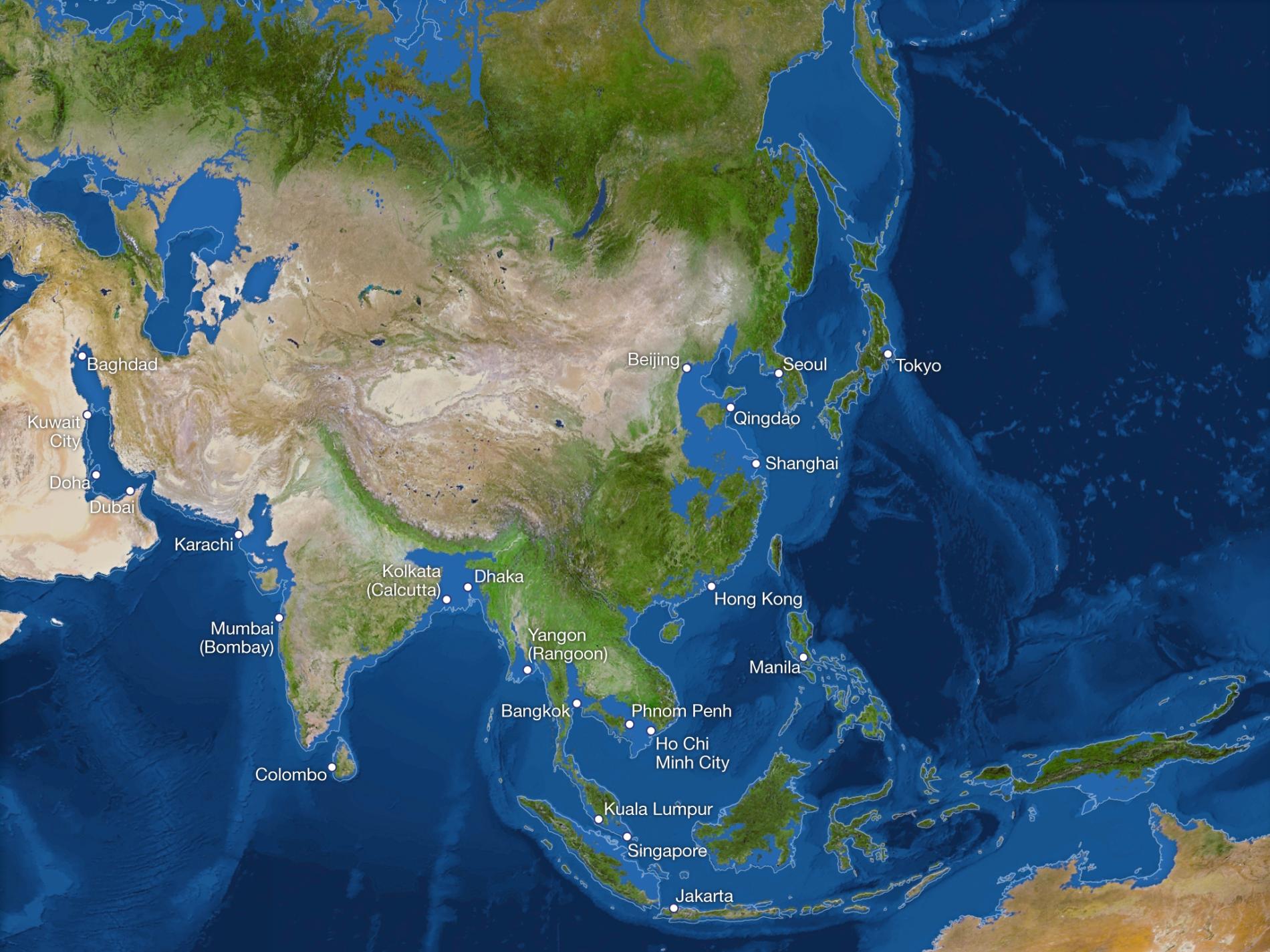
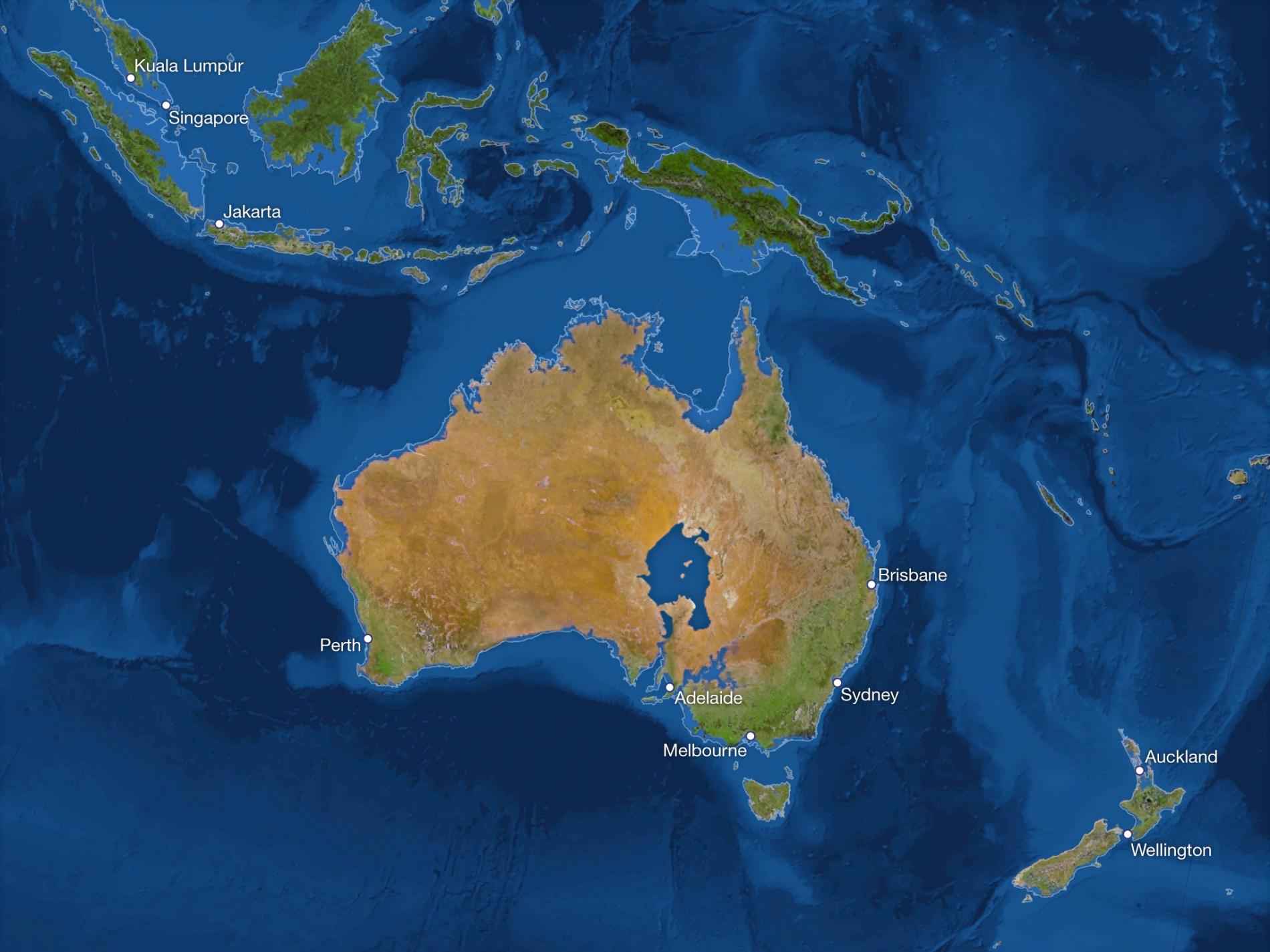
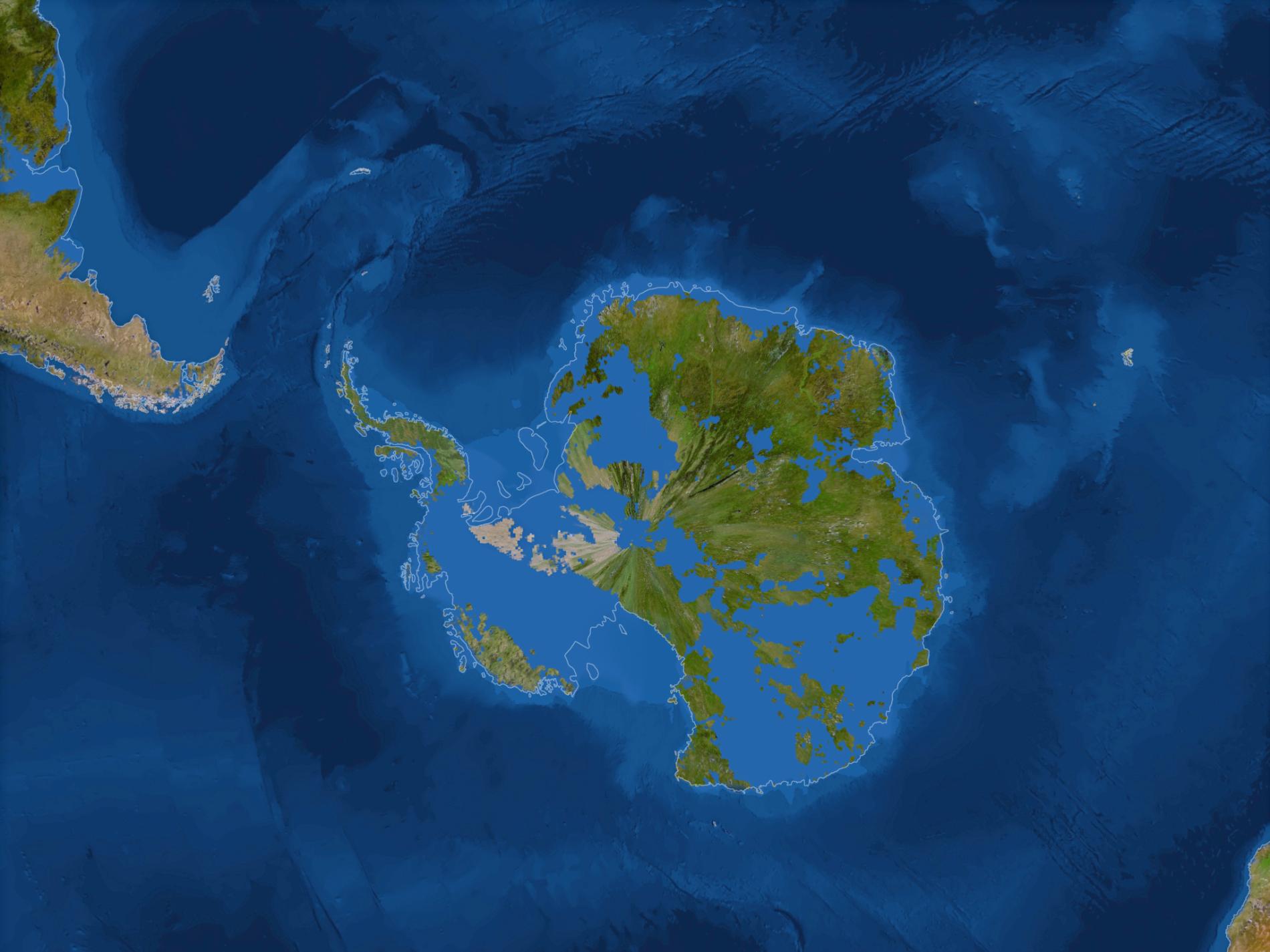

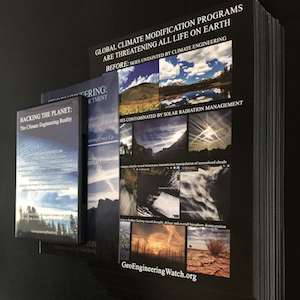








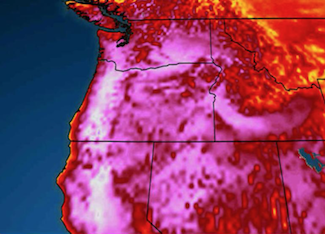


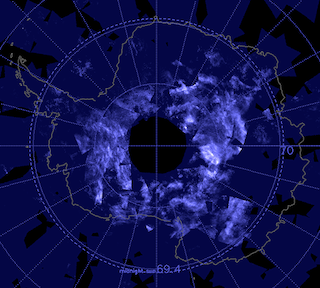
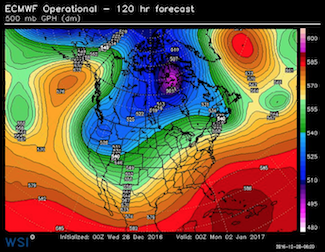

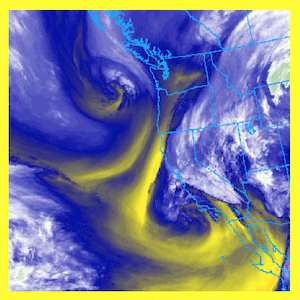
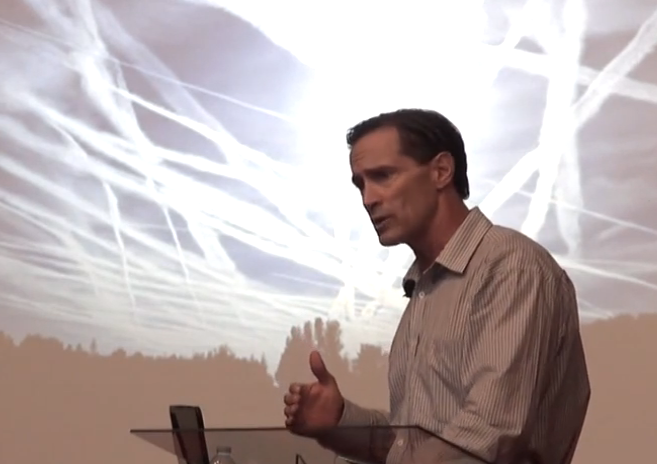
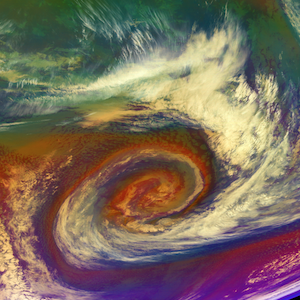

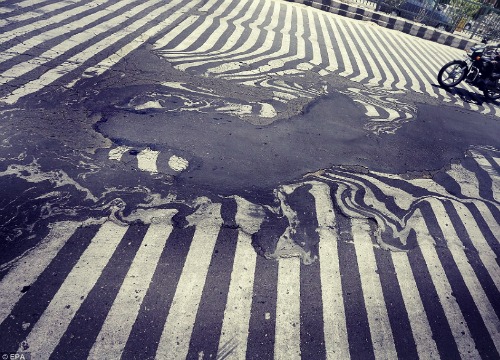


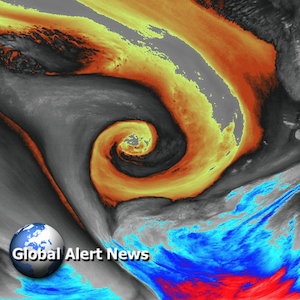
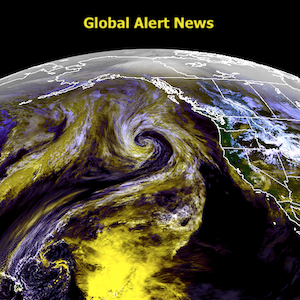
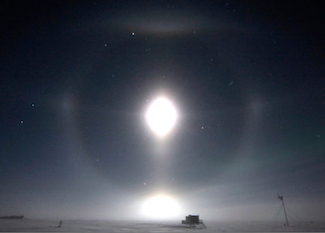

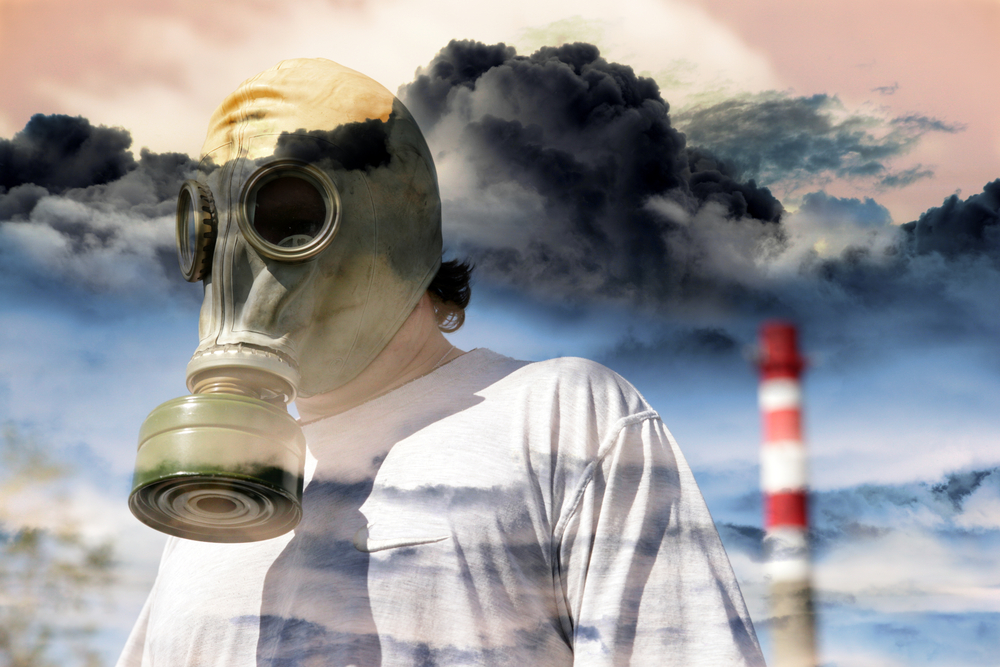
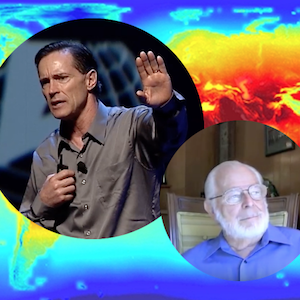
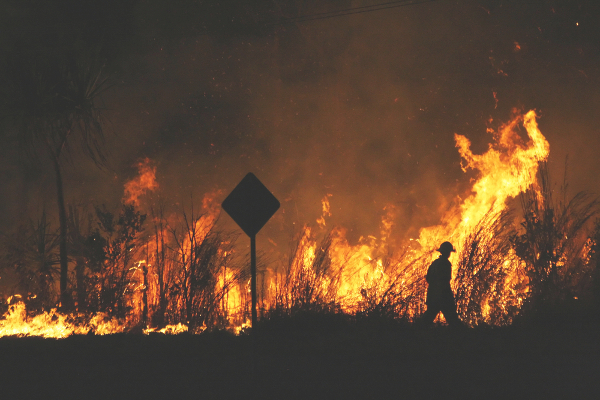


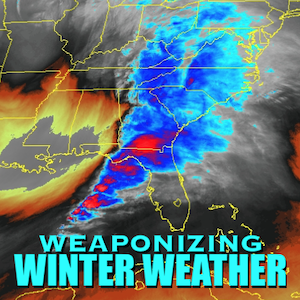



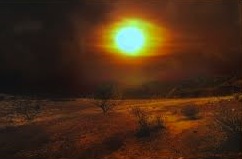

One Response
This is so terrifying. People are worried about refugees now when the real refugee problem hasn't even begun. I just can't fathom peoples complete denial of the truth. My doctor recently laughed at me when after mentioning something about my future i quipped "I seriously doubt i'm going to be worried about that by then. The Arctic and Antarctic are BOTH melting so who knows if any of us will even be here at that point". He laughed .. and probably wrote the words paranoid and crazy in my chart. (hope that made him feel better)
On another note … i had a horrible time accessing this website today and many others i'm not able to access at all. I don't know if the net is just busy because of all the protest worldwide .. but i have no problem at all accesing mainstream media sites. But this site (and others) i really had problems with. Took me over 30 minutes before i could get it to open. and to do that i had to change my IP address repeatedly and i could still only get it to work when i changed addresses & servers just as i made the site request. Weird. If i didn't know enough to try that trick, i wouldn't have been able to access it at all.
.. and i see that i have once again been disconnected. I don't know that i'll be able to post this reply :\
This worries me. In this case, i sincerely hope i AM being paranoid because it would put a lot of information at risk of being inaccessable.
~ cheska